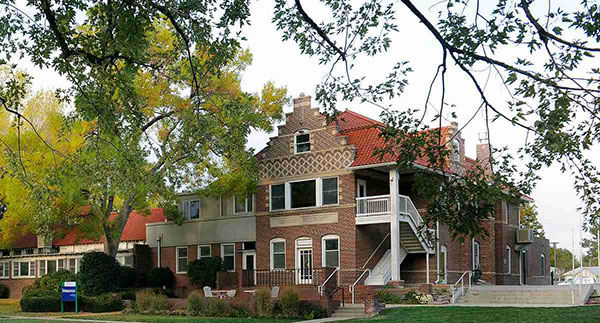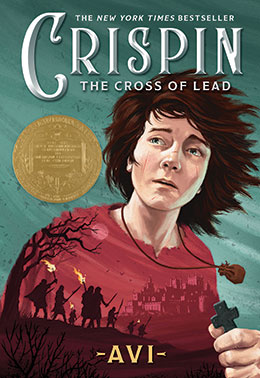Starting this week, I will be reading a new book to a class of 6th graders. I’ll be reading it even though it is not truly finished. Indeed, even as I read it, it sits on my editor’s desk, waiting for her first response. I’m doing this because this kind of reading is a vital part of my writing process. That’s why, as I read, I will have a pen in my hand.
Many, many years ago I worked as an apprentice in a summer stock theatre company. The theatre was a converted barn, which meant it was built entirely of wood, so it was rather like a sound studio.
For one production I was in charge of props and stationed under the floor of the auditorium. Being in such a place I discovered something fascinating. When the production was going well, when it had achieved a certain emotive rhythm, the feet of the audience above me were still. When the performance misfired or lacked energy, the feet moved a lot. Ever since I’ve learned that it’s not the applause at the end of a performance that’s vital to note. You have to listen to those feet.
Speaking for myself I have always wanted my books to not just read well, but to sound well. I love the notion that they will be read aloud. In this, I consider myself a follower of Jim Trelease, and his thoughts and teachings about reading aloud. (His Read Aloud Handbooks are still great guides to the practice and choices of books for reading aloud.)
The school where I read, the Denver Academy, offers as its mission: “Our passion for learning allows students who may not thrive in a traditional setting, including those with dyslexia and ADD/ADHD, to achieve their dreams.”

From my perspective, this means I am reading to students who often have trouble reading, which actually makes them excellent listeners. At the same time, this is a school whose librarian, Jolene Gutiérrez (an up-and-coming writer in her own right), has as her mantra a quote from Ray Bradbury: “There’s no use going to school unless your final destination is the library.”
The first book I read in the school was Crispin: The Cross of Lead, my Newbery winner, so I have been doing so for a good number of years, the pandemic period excepted.
Reading my new book aloud allows me to note things in the text that I can rewrite, cut, and adjust. And—my theatre background persists–you may be sure I am also listening to the feet. I will sense where attention lags and mark my text accordingly. The student’s polite silence teaches me much.
I make revisions and ship them off to my editor, who will thereby read a better manuscript.
It is not beside the point that the teacher that I’ve worked with for many years, Joe Senne, is not just in the classroom when I read, he is an intent listener. I’m sure his students note that.
Let it be admitted that I am somewhat nervous as I approach my first reading of this new book. It’s a bit like the opening night of a new play.
But it’s not the curtain I can’t wait to open, it’s the first page.

3 thoughts on “Listen to Those Feet”
We are so honored by your visits, Avi! Over the years, you have helped our students (and me) see that with hard work and perseverance, anything is possible. You’ve been vulnerable in the sharing of your experiences and your stories, and you have inspired countless students to read, write, and dream. I’m forever grateful for your generosity and friendship.
What a wonderful way to test out your new books. And what a great audience for it. How life-changing it must be for reluctant readers, whatever their reasons.
Dear Avi,
As a parent, I am so honored that you would read to our students!! Your words about how you listen to the feedback from students, spoken and unspoken, are beautiful. Thank you SO much for doing this for our students!!
Warmly,
Michelle Klem